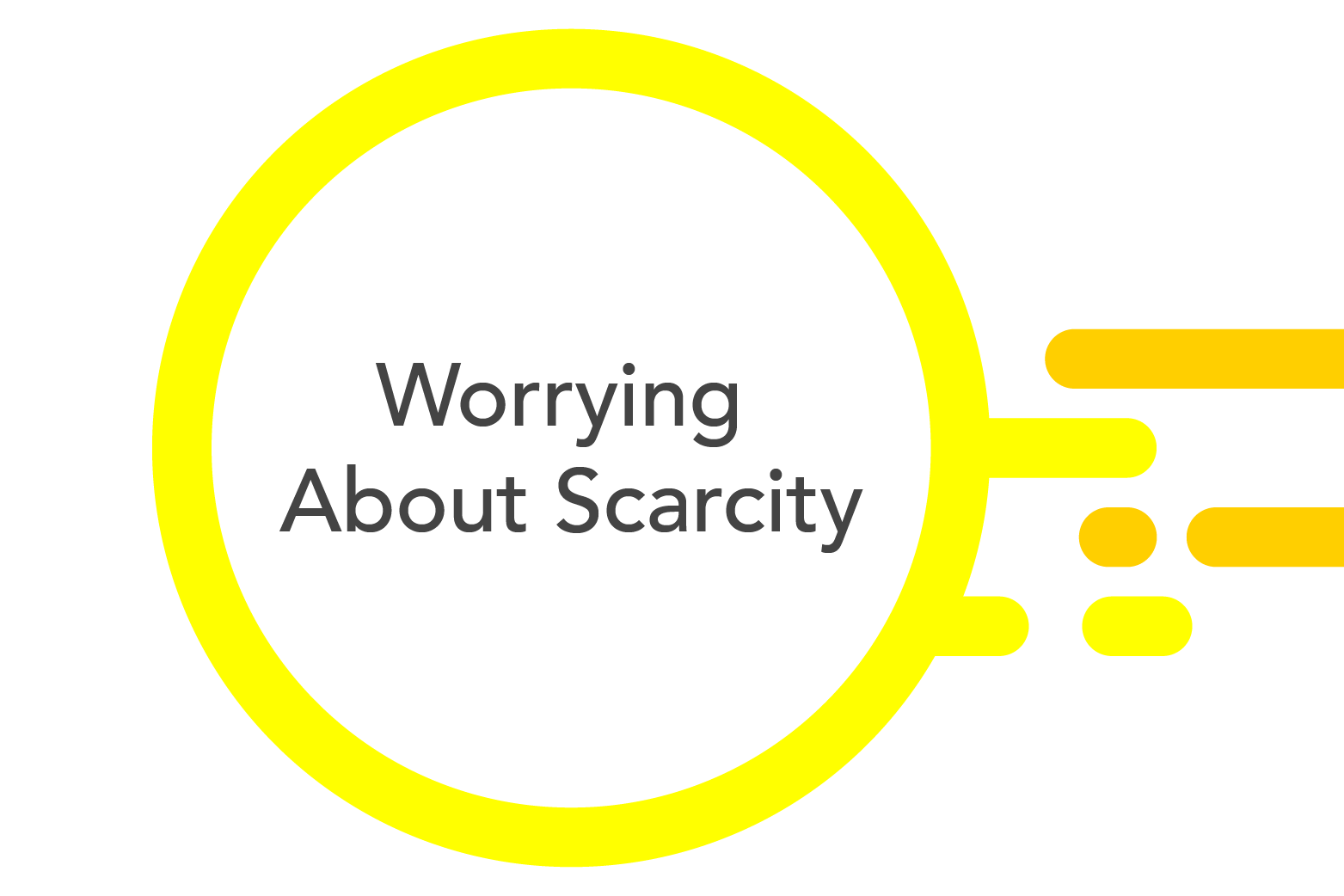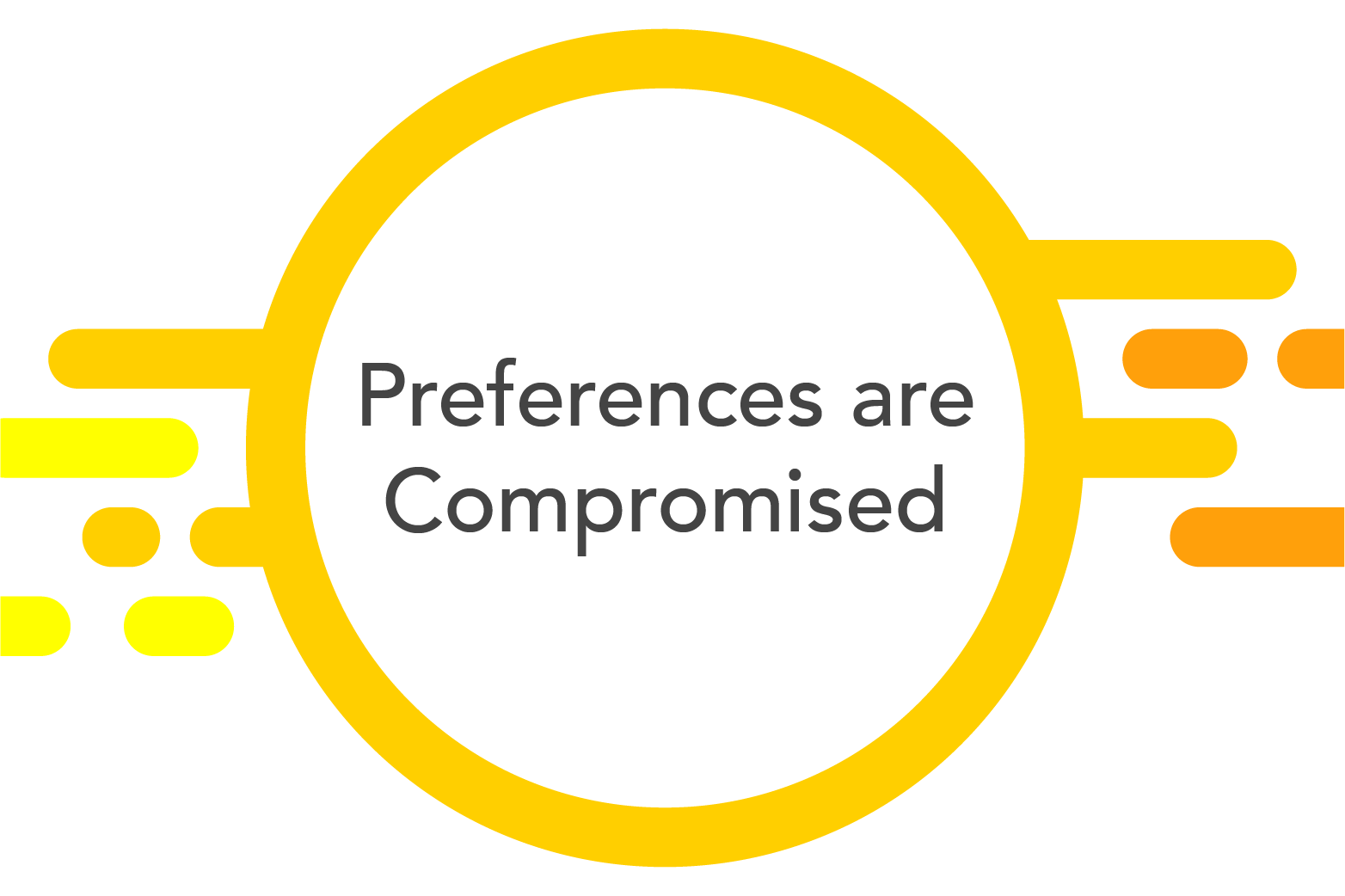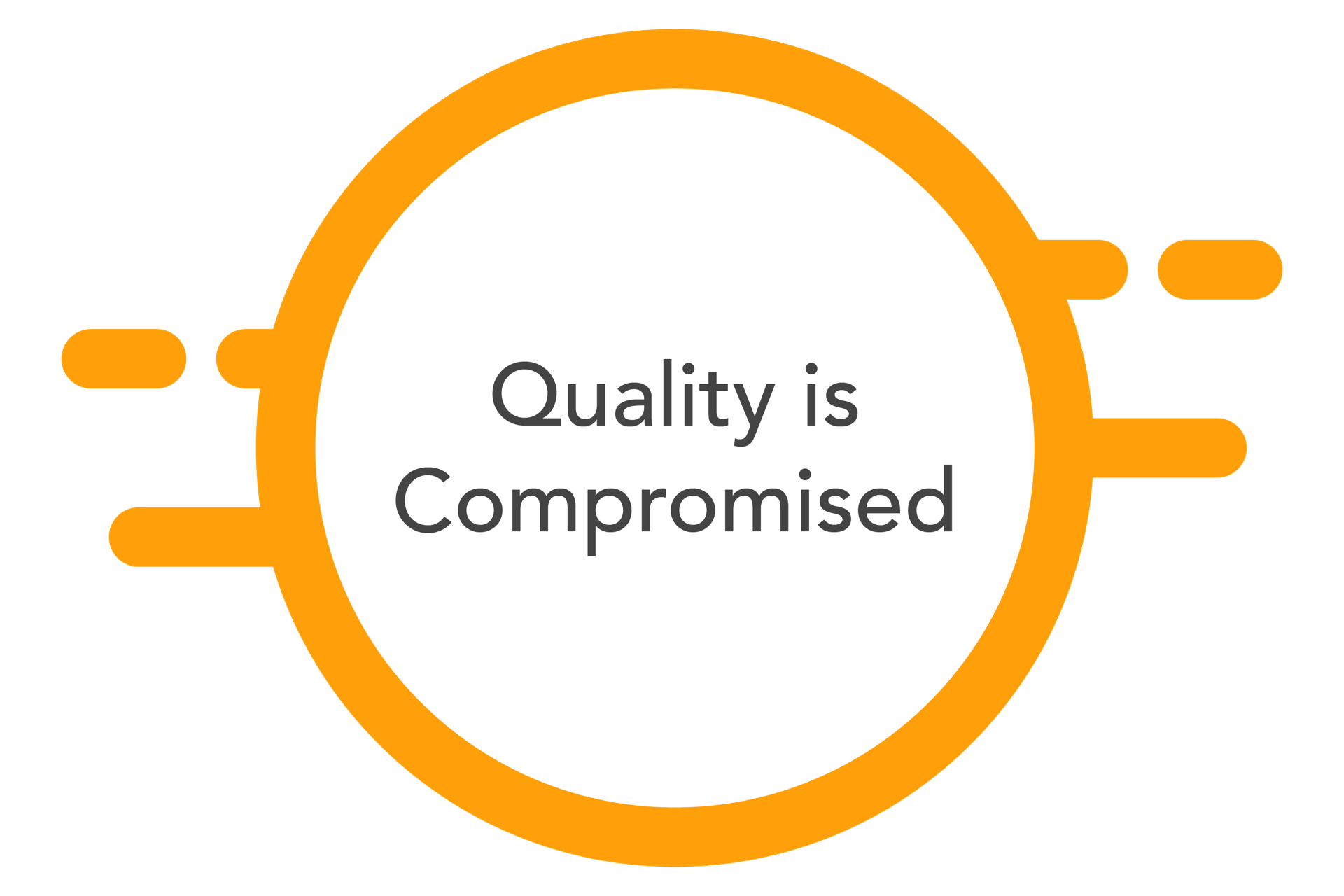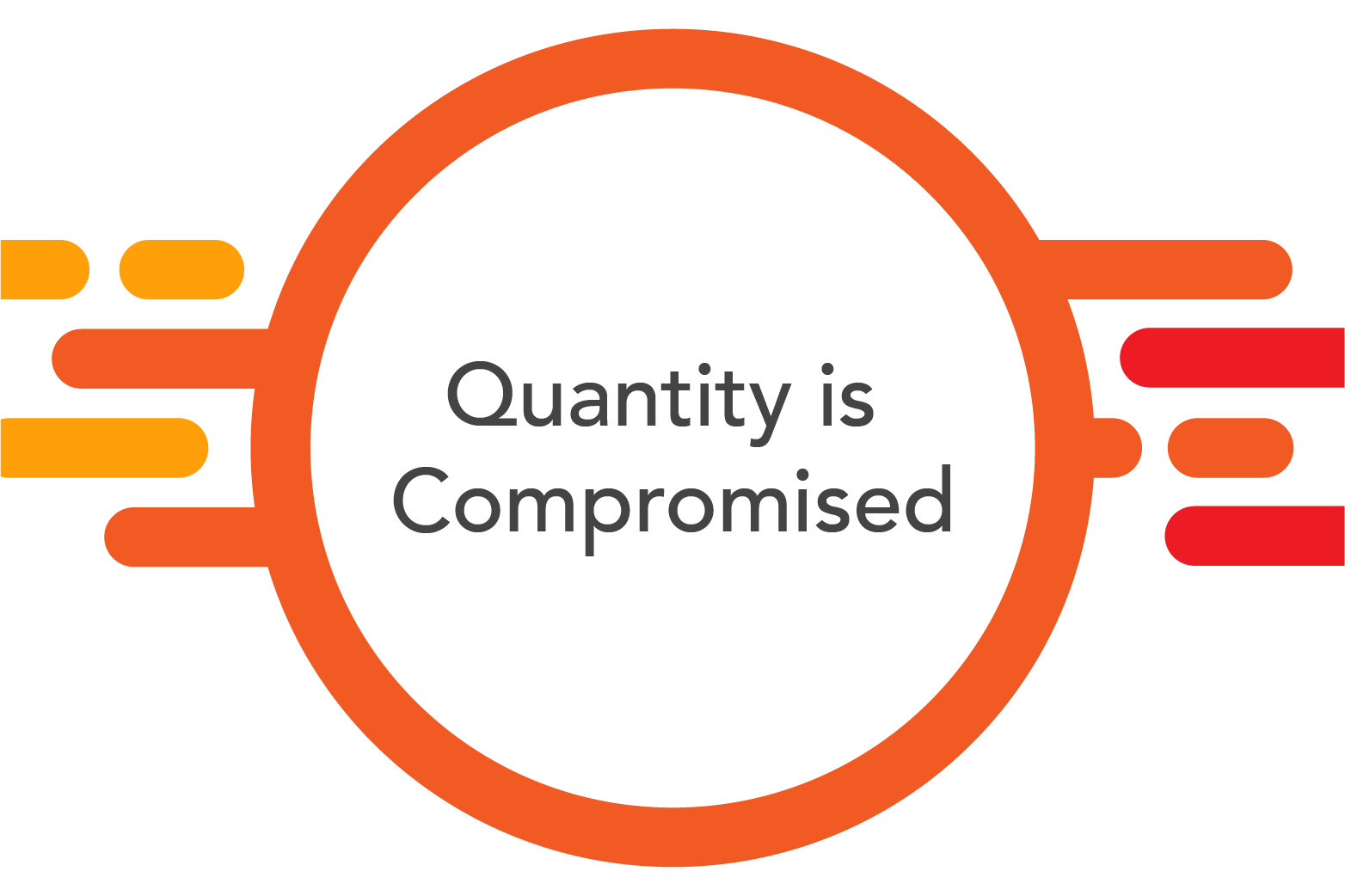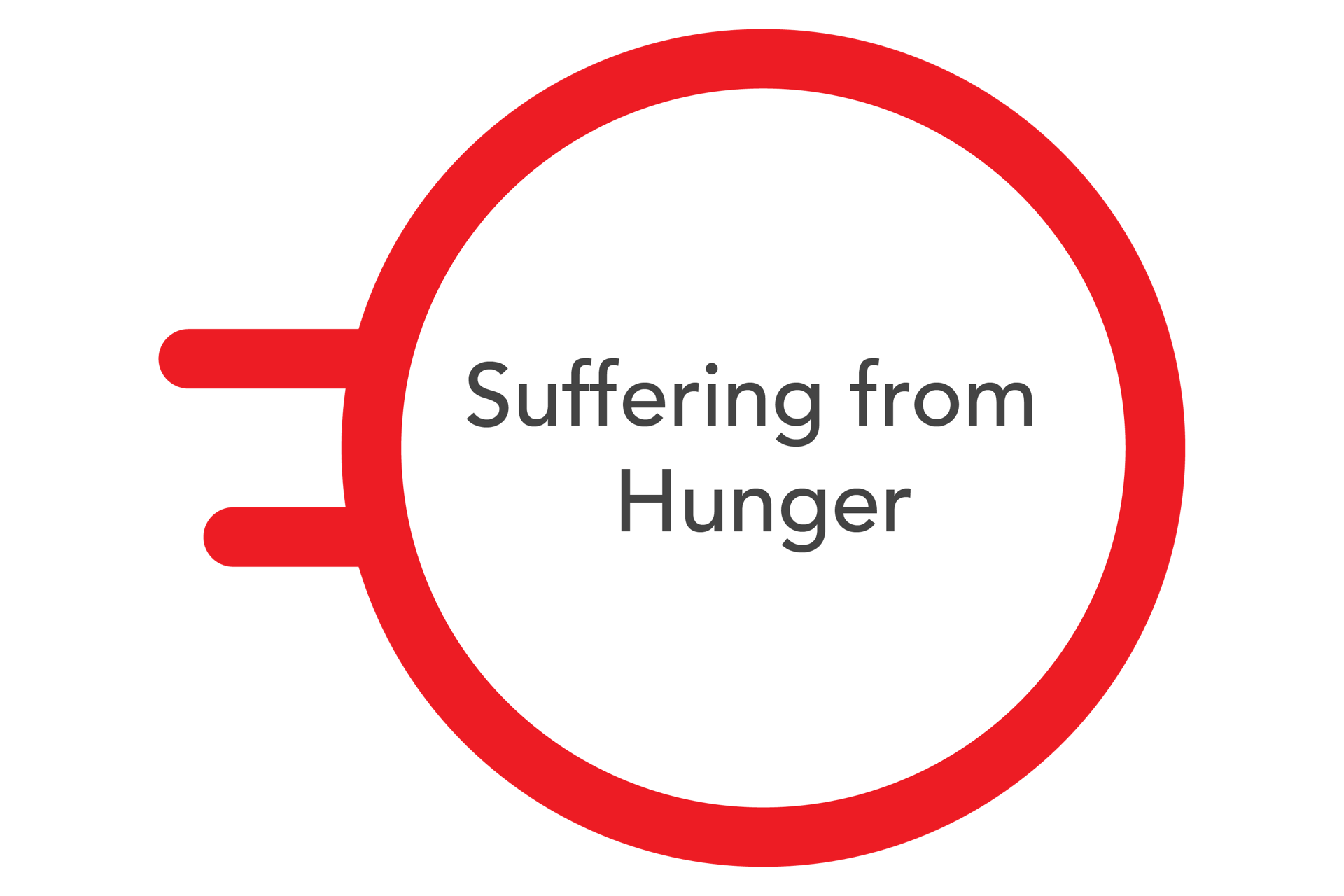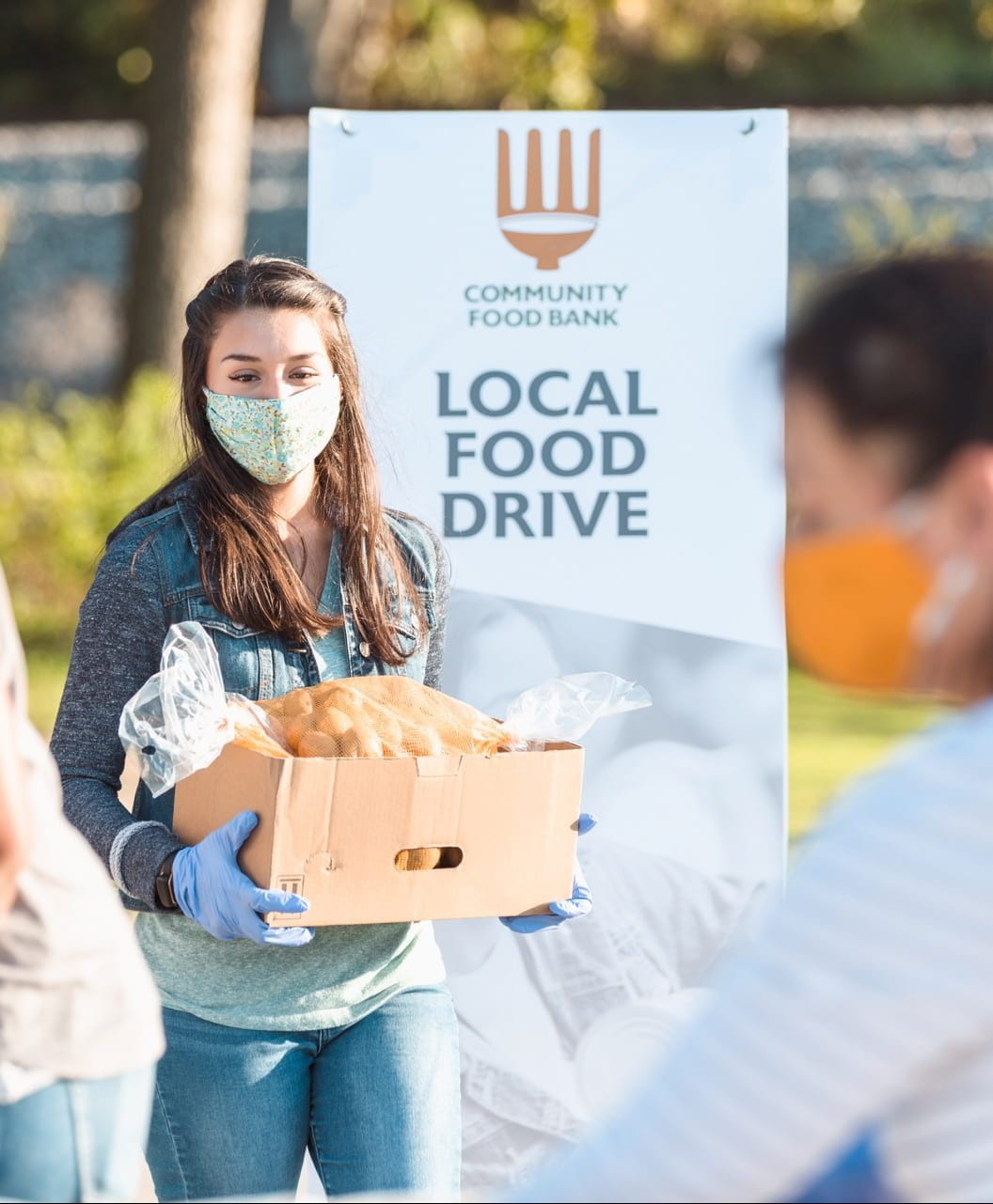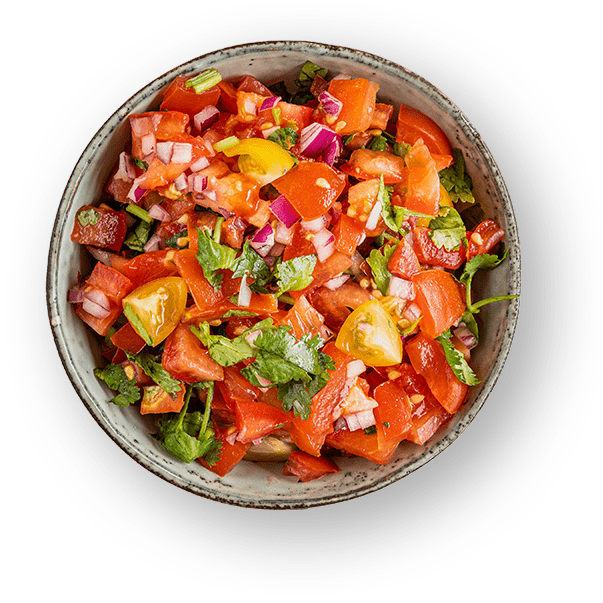
The Cost of Worrying About Your Next Meal
Food insecurity—the inability to reliably acquire needed food due to limited resources—affects millions of people domestically and worldwide. The problem received new levels of attention during the early stages of the COVID-19 pandemic when images of lines of cars waiting at food banks became common in the news and on social media. While people are often aware of the discomfort and harm associated with hunger, there is less awareness that food insecurity can harm physical and mental health, even if people never go hungry.
Food insecurity
Muzi Na, assistant professor of nutritional sciences and Broadhurst Early Career Development Professor for the Study of Health Promotion and Disease Prevention, researches the consequences of food insecurity and ways to counteract resulting health problems.
Food insecurity issues range across a spectrum from worrying about having enough food, to compromising on food preferences, to compromising quality of diet, to compromising quantity of diet, to suffering from hunger. Individuals who experience food insecurity face a host of diet-related health problems like heart disease, obesity, and declines in memory, learning, and reasoning. Food insecurity also is associated with a broad range of psychological difficulties, including depression, stress, and anxiety.
To some people, poverty and food insecurity may appear to be the same issue, but they are distinct. Many people who live in poverty have stable, reliable access to food due to government food assistance programs and/or appropriate coping mechanisms. Additionally, there are many people with incomes above the poverty line who face insecurity due to monetary management issues or because they live in a ‘food desert’ where healthy and fresh foods are unavailable.
Food Insecurity Across the Spectrum
Food Insecurity Across the Spectrum

Food insecurity issues range across a spectrum from worrying about having enough food, to compromising on food preferences, to compromising quality of diet, to compromising quantity of diet, to suffering from hunger. Individuals who experience food insecurity face a host of diet-related health problems like heart disease, obesity, and declines in memory, learning, and reasoning. Food insecurity also is associated with a broad range of psychological difficulties, including depression, stress, and anxiety.
To some people, poverty and food insecurity may appear to be the same issue, but they are distinct. Many people who live in poverty have stable, reliable access to food due to government food assistance programs and/or appropriate coping mechanisms. Additionally, there are many people with incomes above the poverty line who face insecurity due to monetary management issues or because they live in a ‘food desert’ where healthy and fresh foods are unavailable.
Who faces food insecurity?
Food insecurity can be difficult to understand because people can perceive the problem as relative.
“If you ask people in rural Bangladesh where I did my dissertation data collection, 50 percent of people will say they do not suffer from food insecurity when, by Western standards, they clearly do,” Na explained. “They may be comparing themselves to their peers, but the problem is still real for them.”
Despite measurement challenges, solid data are available. In the United States, the scope of the problem was stable for many years, with around 12 percent of the population facing food insecurity. Then, when the COVID-19 pandemic disrupted many people’s livelihoods, the problem tripled for people of color, households headed by women, and households with young children. These populations tend to be very vulnerable to health and social problems; food insecurity is no exception.
Skills that can make a difference
Recently, Na has been studying food resource management skills as a potential means of offsetting the problems associated with food insecurity. Food resource management skills include the capacities to find and use coupons, create and stick to a shopping list, check for sales, review and understand nutritional information, plan spending, and manage money. All these skills can prevent or alleviate the problems associated with food insecurity by helping people extend their food budgets.
“The best solution to food insecurity is to make sure that everyone has enough to eat,” said Na. “But in situations where—for whatever reason—that is not happening, people can use skills to lessen the effects.”
An important next step in this research is to learn whether people who are trained in food management resource skills do a better job coping with potential food insecurity.
“
Never forget the long lines for food assistance that we saw on the news when the pandemic started. Those people always need help, whether or not there is a pandemic.
— Muzi Na
”
How people cope
Around the world, people use a variety of coping mechanisms to deal with food insecurity. Different methods may or may not be socially acceptable, depending on where one lives. For example, borrowing food from a neighbor is a common strategy in many cultures in developing countries. For people in the United States who are not living in impoverished neighborhoods, however, this is very uncommon and could be perceived as shameful for the borrower.
Other strategies, such as picking up food that was dropped or discarded by other people, can lead to shame or stigma all over the world.
Fortunately for people in the United States, the safety net is more extensive than most places.
“We have the largest food assistance program in the world here in the U.S.,” Na explains. “And during the pandemic, when the need was greater, the government responded by expanding benefits. Additionally, we have local resources, like the Lion’s Pantry which provides food to Penn State students who are in need.”
Unfortunately, accepting assistance can be stigmatized in a society where people are perceived to be wealthy enough to procure their own food.
“We must address stigma.” Na said, “Only then can people reliably receive the assistance that they need. Additionally, by improving people’s food resource management skills, we can help protect those who are not receiving the help they need. Our whole society will be healthier as a result.”
In her words: My research and work on food insecurity
Transcript
Research has a really important role to play in the fight against food insecurity. I have two pilot studies, which are small studies that provide the evidence to conduct larger studies. These are supported by Penn State Clinical and Translational Science Institute and the Social Science Research Institute. Both are helping us understand how food insecurity may impact a wide range of behaviors in health outcomes, including diet, mood, stress, vulnerability, and cognitive function.
Internationally, we’re currently examining the effect of combinations of interventions that aim to boost food security through income generation activities, expand nutrition knowledge, and improve couples’ relationship, maternal and child health, and nutrition in Niger. The study is funded by USAID and Catholic Relief Services.
As a researcher, I’m glad to contribute to better understanding of what it means to experience food insecurity. More importantly, we want to understand what works to break the vicious cycle of food insecurity and adverse health in the real world.
Why it matters and what we can do
Researchers sometimes refer to food insecurity as an invisible problem, according to Na.
“When you ask someone if they are hungry, they might say, ‘no.’ So, it looks like they are fine, but if you ask if they face specific issues related to food insecurity, they say ‘yes,’” Na explained. “This is significant because these health problems arise for people even if they never go hungry.
“More than 1 in 10 American families were facing food insecurity before COVID-19,” Na continued. “This could include your friends, colleagues, or neighbors. This is a widespread problem with real consequences, but it is also a problem we can address. People don’t acknowledge that they are suffering food insecurity because of the stigma. As a society we need to be more aware of this issue, and that will be the start of us beginning to solve this problem. Never forget the long lines for food assistance that we saw on the news when the pandemic started. Those people always need help, whether or not there is a pandemic.”
For people who want to fight food insecurity globally, Na suggests donating to the United Nation’s World Food Program, which combats food insecurity and hunger around the world.
For people who want to fight food insecurity locally or across Penn State, multiple organizations exist at different campuses that combat food insecurity among Penn State students. Additionally, the YMCA of Centre County runs an anti-hunger program that serves Centre County. Penn State students are currently collaborating with Amit Sharma, professor of hospitality management, to address food insecurity across the county.
Na collaborates with many researchers at Penn State on this work. Lori Francis, Jennifer Graham-Engeland, Runze Li, and Laura Murray-Kolb are co-investigators of Na’s Penn State Clinical and Translational Science Institute-sponsored study. Jonathan Hakun, Runze Li, and Martin Sliwinski are co-investigators of Na’s Penn State Social Science Research Institute-sponsored study. Stephen Kodish is the co-principal investigator of Na’s USAID-CRS sponsored study in Niger.
Penn State addresses food security
Penn State has taken on a number of initiatives to further identify and support student needs, develop programs for food insecurity prevention and response, and advocate for policies at local, state, and federal levels.
- Enhancements at campus food pantries, including the Lion’s Pantry.
- A digital, visual map to find free and reduced-cost food across Centre County, created by the Food Decisions Research Lab in the School of Hospitality Management.
- Additional need-based student aid through the Renaissance Fund Scholarships and the new LiveOn Student Success Grant program.
- Continued partnership with Swipe Out Hunger.
Photo Credits
Photo behind “Addressing local food insecurity” callout:
SDI Productions by Getty Images
Background icons:
Magnilion by Getty Images
Food Bank Slider Photos:
YMCA: Credit Centre County YMCA
Lion’s Pantry: Credit Penn State
Lion’s Pantry Behrend: Credit Adobe Stock
WE CARE Food Pantry: Credit WE CARE pantry
LionShare: SDI Productions by Getty Images
Ivyside Eats: SDI Productions by Getty Images
Discover More
Research Impact
No Results Found
The posts you requested could not be found. Try changing your module settings or create some new posts.
In the News
No Results Found
The posts you requested could not be found. Try changing your module settings or create some new posts.
Student Experience
No Results Found
The posts you requested could not be found. Try changing your module settings or create some new posts.
Health Disparities
No Results Found
The posts you requested could not be found. Try changing your module settings or create some new posts.

